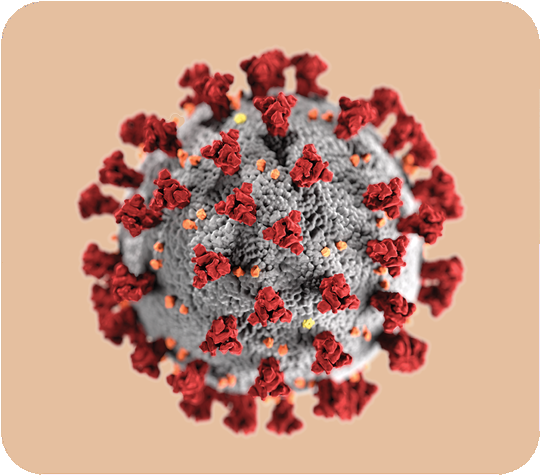Infectious Disease
Infectious diseases are disorders caused by external pathogens, such as viruses, bacteria, parasites, or fungi. Infectious disease is an unfortunate consequence of some of the natural ecological interactions that occur in the organic world – in the struggle for replication and survival, many organisms have adapted to exploit others. However, humans and other species that face the risk of infection have also adapted to fight back! These cases look at infectious diseases by examining the coevolutionary features of various pathogens, and the adaptations that host organisms have to resist them.
- Eco-Evolutionary Perspectives
- Cell & Genetics Perspectives
- Evolution explains the emergence of new variants
- The origins of new pathogens
- Evolutionary arms races between pathogen tactics and host resistance
- The evolution of treatment-resistant pathogens
- Molecular characteristics of pathogens
- Mechanisms of pathogen infection and replication
- Host immune responses
- Vaccine development
- Mechanisms of infectious spread

COVID-19
The COVID-19 pandemic mounted an unprecedented global effort to curb the impacts of its spread. Because of the impacts the pandemic has had on our society and culture, the underlying biological mechanisms of the novel coronavirus that causes COVID-19 (SARS-CoV-2) are currently under extensive study and can be applied to our existing understanding of the mechanisms and evolution of infectious diseases. A complete understanding of the pandemic involves looking at the evolutionary origins and molecular features of the virus, trends in transmission, behavioral and cultural responses, and the rapid development of novel vaccine technologies.
This case examines the evolution, the biological mechanisms, and the societal impacts of the SARS-CoV-2 virus and the disease it causes, COVID-19.
